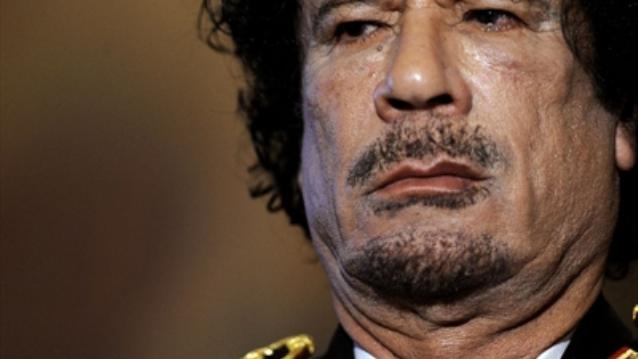
So far, the US as a nation, NATO as an institution, “Europe” as a collectivity, and many of its nations individually have done rather well on Libya. Sure, it took a while, but we now have in the field a military and political coalition led politically and (even after command has devolved on NATO) militarily by the US, commanded by the NATO military structure, with support and non-trivial active participation from a significant set of European and Arab countries, initiated at the urging of the Arab League, and having formal UN Security Council authorization that not even Russia and China were prepared to frustrate.
Yes, putting it all together took some time and the result lacks the flash of single-minded unilateralism (by either the US or Europe) – or, indeed, of a thorough-going refusal to intervene unless the enemy is landing on the beaches of America. But it has a strategic logic and a political viability that a “simpler” approach would have lacked. And, on the ground, it seems to have prevented Gaddaffi from swiftly suppressing the rebellion. What it has not done—at least so far, and we have to recognize that in desert warfare fortunes can change very rapidly, as the history of 1940-43 should have taught us—is drive Gaddafi from power.
Therefore, the problem is what some are calling the “end game” but is really the middle game. What if he is able to hold out? The stated goal of the current operation is humanitarian: “protect the civilian population.” But we are told the aim of the military operation is not ousting Gaddaffi from power; that is merely a political goal.
That dichotomy suffers from internal contradiction. The justification for military action is the (quite reasonable) proposition that Gaddafi is such a vicious autocrat that if he has the opportunity, he will slaughter and otherwise abuse his civilian population. Unless he is removed from power, it is hard to see how that danger is neutralized. A stalemate in which Gaddafi stays in Tripoli and a NATO protectorate hangs on in Benghazi, even if sustainable, does not “protect the civilian population” in the areas in which he remains in control, and it leaves him in a position to extend his reach, and his abuse, as soon as the opportunity presents itself, notably due to the withdrawal of international support of the rebels.
To be sure, Gaddafi may (wisely) decide to cash in and seek refuge somewhere – for that I recommend central Bolivia. Or his followers may decide to abandon him. But there’s little sign he’s in the capitulation mood, or that his well-rewarded clique is about to turn on him. What if he does not go and remains in position not only to abuse the population under his control, but to move against the rebels as soon as he has the chance? So far, neither the US administration, nor the broader international group that supports the operation, have said —and one suspects they have not decided—what they would do then.
Having struck at a king, NATO (and the US, and all the other nations that purport to support the effort) must—not literally kill him— but see him out of power. If that takes an even more robust military effort, so be it.
Of course, there is always a limit to what it is right to do to achieve an objective, and Libyan freedom is probably not worth a multi-year occupation, a la Iraq. But having set ourselves the goal of a real change in the lot of the Libyan people and having recognized that Gaddafi’s holding onto power would negate that goal (not to mention deeply damage our more concrete interests by magnifying a major source of instability in the region, undermining the chances of a real political transformation in the Arab world, and elevating the image of Gaddafi as the defier of the West), we’d better be prepared to go a lot further than we have yet committed to achieve that goal.
Walter B. Slocombe is a Secretary of the Atlantic Council Board of Directors and a member of its Strategic Advisors Group. He served as Under Secretary of Defense for Policy from September 1994 to January 2001.
Image: muammar-gaddafi_0.jpg
